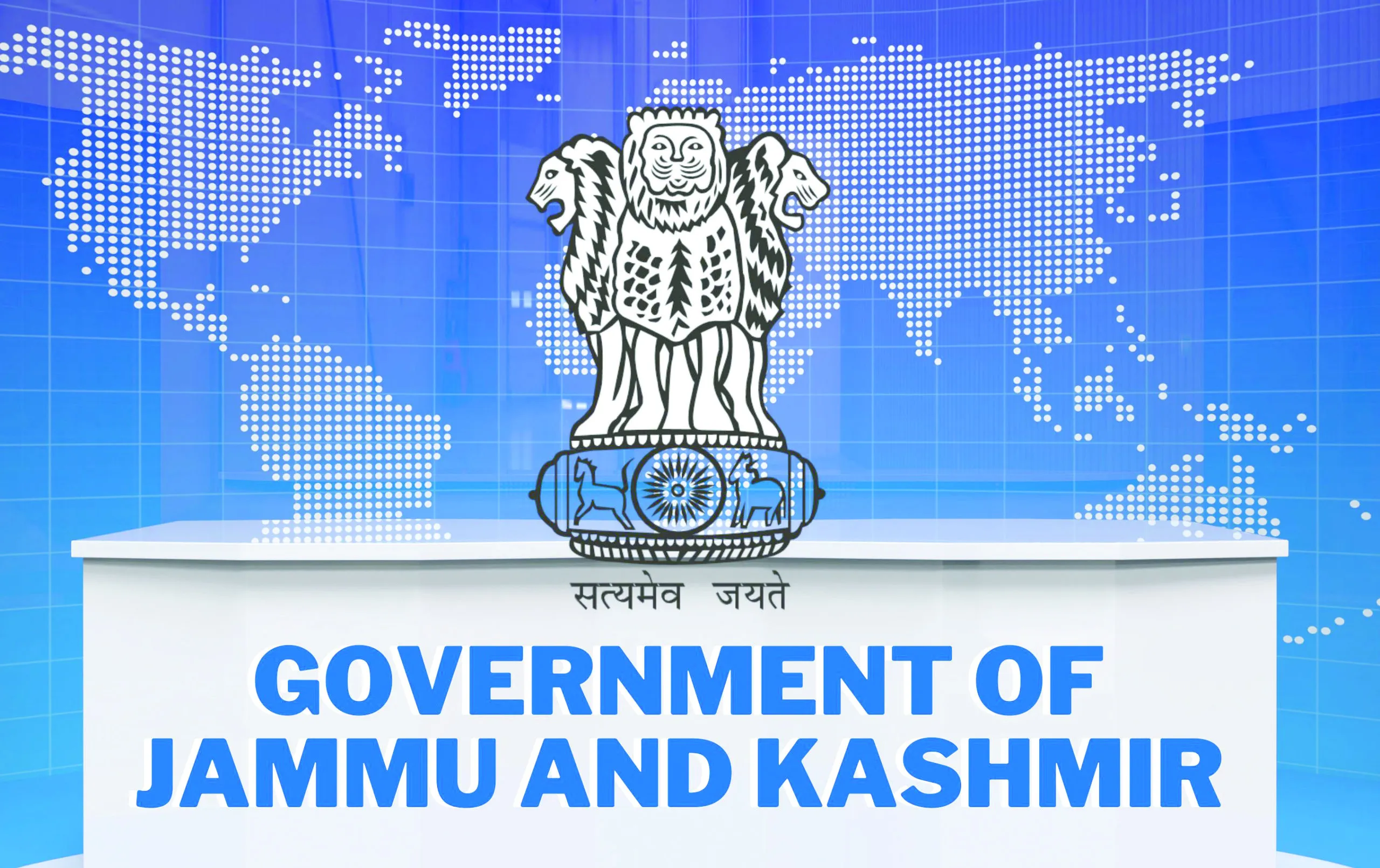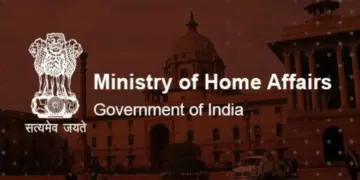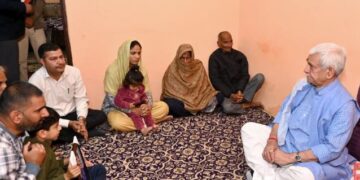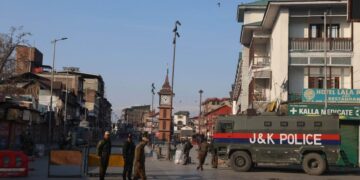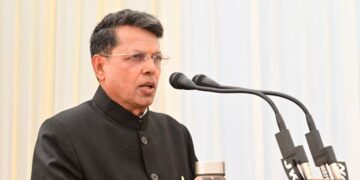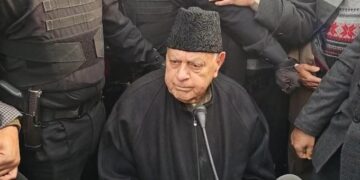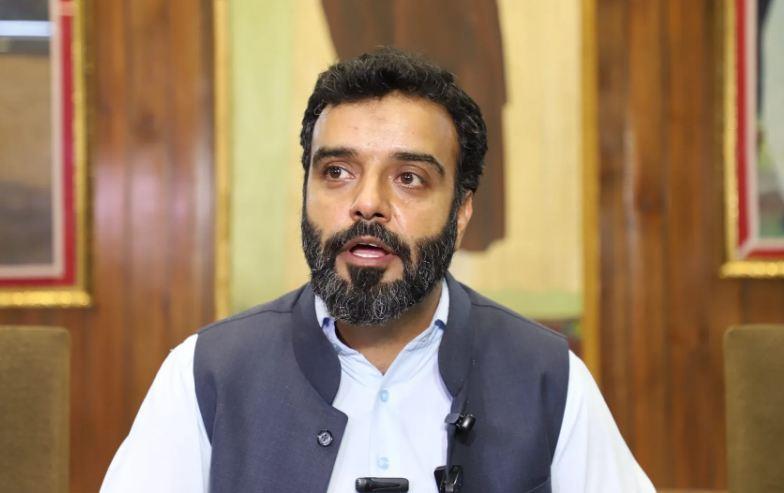Srinagar: The J&K government has informed the High Court that no reservation is earmarked for the transgender community in the Union Territory, and decided to file a statement by oath on the matter.
The court is hearing since 2017 two public interest petitions advocating for the rights and welfare of transgender individuals, citing the Supreme Court’s National Legal Services Authority v. Union of India & Ors judgment.
The government advocate submitted through virtual mode before a two judge bench comprising Chief Justice Tashi Rabstan and Justice M A Chowdhary “till date and as per the instructions received from the concerned authorities, there is not any reservation earmarked for the transgender community”.
The lawyer sought additional time to file an affidavit on the issue and was permitted to do so by the judges.
The matter has been posted for another hearing on March 24, 2025.
The court had in its October 2024 hearing directed the UT government to clarify whether reservations have been allocated for the transgender community in the former state. The PIL highlighted the need for special provisions, including reservations, to ensure the social and economic upliftment of transgender individuals in Jammu & Kashmir, and Ladakh.
Previously, the High Court had directed the governments of Jammu & Kashmir and Ladakh to accurately ascertain the number of transgender individuals in their regions, emphasising the need for a detailed district-wise count to ensure effective assistance and welfare for the community.
The court, in its prior orders, had also outlined multiple measures to support the transgender community, urging authorities to implement welfare schemes, guarantee educational opportunities, and consider employment reservations. These directives were aimed at ensuring the enforcement of their constitutional rights.
However, the petitioners contended that the government has not taken adequate measures to implement welfare schemes, especially in terms of educational and employment opportunities, for the transgender community.
It is noticeable that post the 2019 scenario, the government has increased the number of seats in professional colleges besides government jobs for scheduled caste, scheduled tribes, police personnel and other categories to 70 percent despite them constituting only 23 percent of the population.
The petitioners in the PIL highlighted the necessity of reservations for transgenders to close the disparity and guarantee equal opportunities for them.
They also pointed out that many previously issued directives had not been implemented, warranting the need for judicial intervention to enforce compliance.
The court, after reviewing the submissions, had also directed the central government lawyer to disclose the names of the hospitals where the medical care facilities are being made available to the transgender individuals and also file a detailed report with regard to framing of schemes for grant of pensionary benefits to the community.

